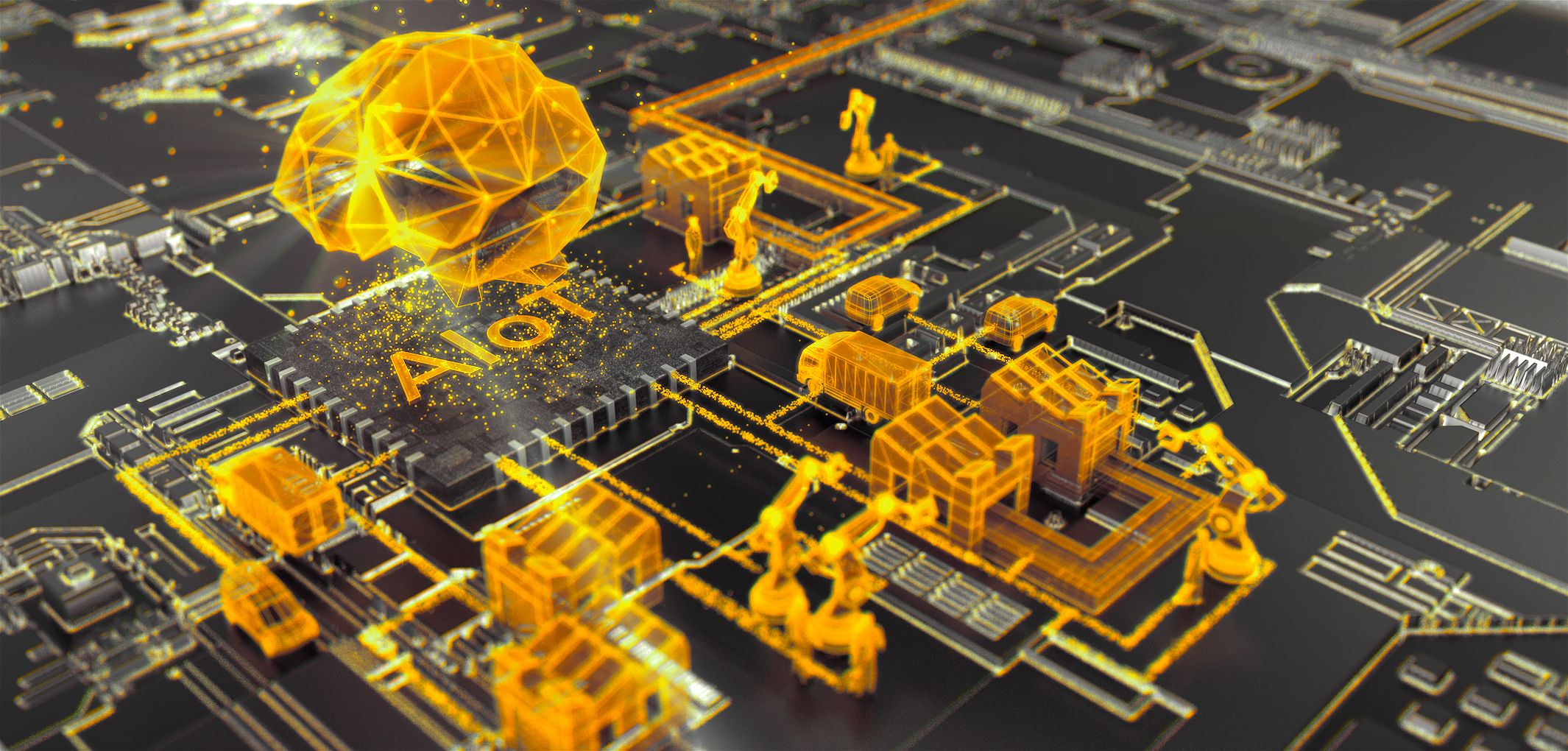Dr. Usländer, what does Artificial Intelligence of Things – AIoT for short – refer to?
Thomas Usländer: AIoT is all about merging Internet of Things technologies with methods and tools used in artificial intelligence. This interplay creates huge added value in every IoT domain, especially automation technology and networked industrial production. That’s because the “things” in the IoT, such as machine tools, can use sensors to supply exactly the data that machine learning (ML) methods need and that can be quickly evaluated and efficiently converted into useful information by these very methods. This opens up the scope for new applications and business models – and it raises exciting research questions.
 Fraunhofer Institute of Optronics, System Technologies and Image Exploitation IOSB
Fraunhofer Institute of Optronics, System Technologies and Image Exploitation IOSB 